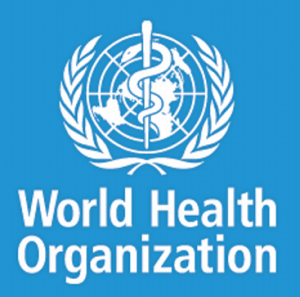Stakeholders at World Health Assembly call for transparent markets and access to health products
 Government delegations, health experts, policy makers, civil society groups and other stakeholders have wrapped up activities at the 72nd World Health Assembly held at the United Nations Headquarters in Geneva, with a resolution on improving the transparency of markets for medicines, vaccines and other health products in an effort to expand access.
Government delegations, health experts, policy makers, civil society groups and other stakeholders have wrapped up activities at the 72nd World Health Assembly held at the United Nations Headquarters in Geneva, with a resolution on improving the transparency of markets for medicines, vaccines and other health products in an effort to expand access.
The meeting, which took place from May 20 to 28, 2019, has urged member states to enhance public sharing of information on actual prices paid by governments and other buyers for health products, and greater transparency on pharmaceutical patents, clinical trial results and other determinants of pricing along the value chain from laboratory to patient.
A press statement made available to ghanabusinessnews.com said:
“Assuring access to medicines is key to advancing universal health coverage.”
Meanwhile, member states have agreed on a five-year global action plan to promote the health of refugees and migrants.
The plan focuses on achieving universal health coverage – and the highest attainable standard of health – for refugees and migrants and for host populations.
The plan includes short and long-term steps to mainstream refugee and migrant health care; enhance partnerships; strengthen health monitoring and information systems and counter misperceptions about migrant and refugee health.
Globally, the number of international migrants has grown. During the period 2000–2017, the total number of international migrants rose from 173 million to 258 million, an increase of 49 per cent.
The number of forcibly displaced people, 68.5 million, is also the highest ever, and includes 25.4 million refugees.
Ten million stateless people lack a nationality and access to basic rights such as education, health care, employment and freedom of movement.
The WHO, has meanwhile, said it is committed to seeing a world in which polio is eradicated; neglected tropical diseases are no longer neglected; the epidemics of TB, HIV and malaria are ended; maternal and child mortality are reduced; primary health care is strengthened, and the tobacco industry goes out of business because no one wants its products.
By Eunice Menka
